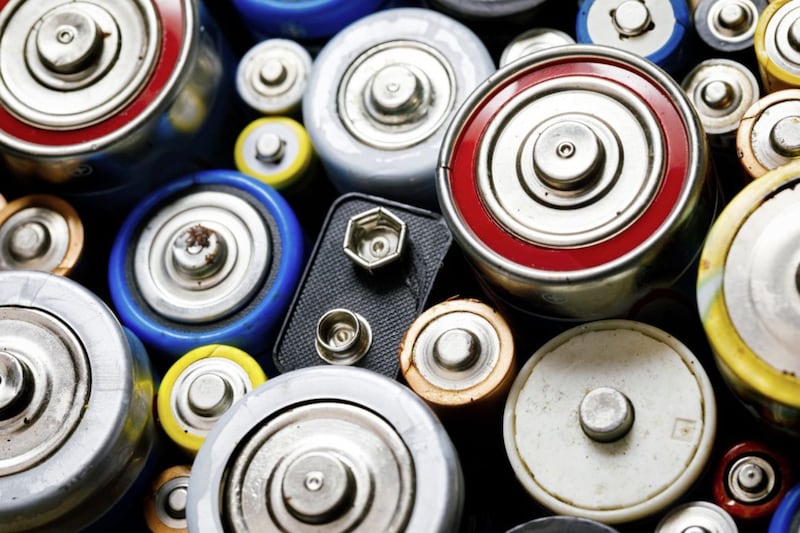THE term battery was first mentioned in 1749 by Benjamin Franklin in the US, who used it to describe a set of linked capacitors while experimenting with electricity.
Then in 1836, John Frederic Daniell, from this side of the ‘pond’, invented the Daniell Cell, the first practical battery. Today battery power is undoubtedly the ‘Holy Grail’ of mobile technology which totally dominates our working environment and our social lives. In short – battery power and storage, although boring in appearance and functionality, is the critical power behind our ability to function efficiently.
While passing through a number of airports a few days ago, I noticed that no matter what airport in whatever country you’re in, many people don’t look for the most comfortable seat or the quietest corner. Like bees around honey, they jostle for the backless high stools where the majority of USB phone charging points are found, to top up the battery power on their phones or laptop computers.
Companies and Governments are making serious headway within the battery storage industry. Tesla made some serious waves back in 2017, when its owner Elon Musk, famously vowed to build the world’s largest battery, in Southern Australia, within 100 days – and he did. The purpose of its installation was to help combat the growing energy crisis in the region, as power outages were seriously affecting the area, as a result of severe weather conditions.
In a world increasingly anxious about climate change, the surge in the generation of renewable energy over the past 20 years offers new opportunities for battery development. But the variable nature of wind and solar power means that storing energy, until consumers need it, has become the next big challenge. And so, large-scale battery installations are springing up across electricity grids around the world, to make them more flexible. In 2017, more than 1GW of power storage capacity was added around the world – a record, yes, but still a drop in the ocean of global energy demand.
Globally installed power storage is expected to top 50GW by 2020 – and surge to almost 1,000GW by 2040, according to Bloomberg NEF. That would equate to about 7 per cent of the world’s energy capacity. Global power storage capacity is set for a 100 fold increase over the next 20 years.
Here locally, battery installations are primarily being deployed to supply services to the National Grid. Such ancillary services are increasingly important to help match supply and demand as a growing amount of intermittent wind and solar power comes online.
For farms using wind power or households with solar panels, it makes more financial sense to store and consume the energy they produce, rather than be paid for exporting it to the grid. While Stormont continues to be suspended, the Dublin government have generous incentives not just for renewable energy solutions, but for the storing of that energy, in the form of battery walls.
We are now approaching the end of the second generation of battery-powered vehicles. The knock-on effect of this, is increased battery knowledge, research and drive for efficiencies, with falling prices and more practical ranges of 200-300 miles.
The major benefit of these car manufacturers immersing themselves in battery powered electric cars, is a transfer of knowledge to develop all other battery functionality areas, such as battery walls for commercial and residential storage and more advance technology in remote field or medical mobile power requirements.
These are batteries requirements that need expert planning and knowledge and specialist battery companies like ‘Tarkenta’, based in Banbridge, who focus on delivering focused mobile power solutions, have seen the increasing demand to provide a specialist service, from years of experience and expert battery knowledge.
Technology developers now keeps a close eye on battery developments as it demands more and more of mobile energy. However, battery manufacturers are in constant collaboration with technologists who contribute to shaping our future at an alarming rate of change.
:: Trevor Bingham (editorial@itfuel.com) is business relationship manager at ItFuel in Craigavon. Follow them on Twitter @itfuel.









